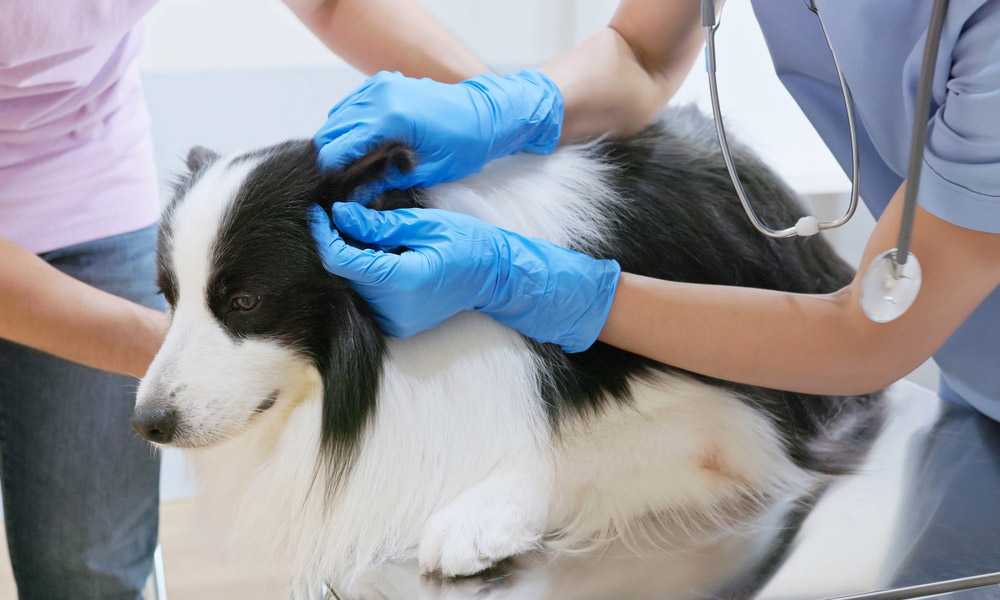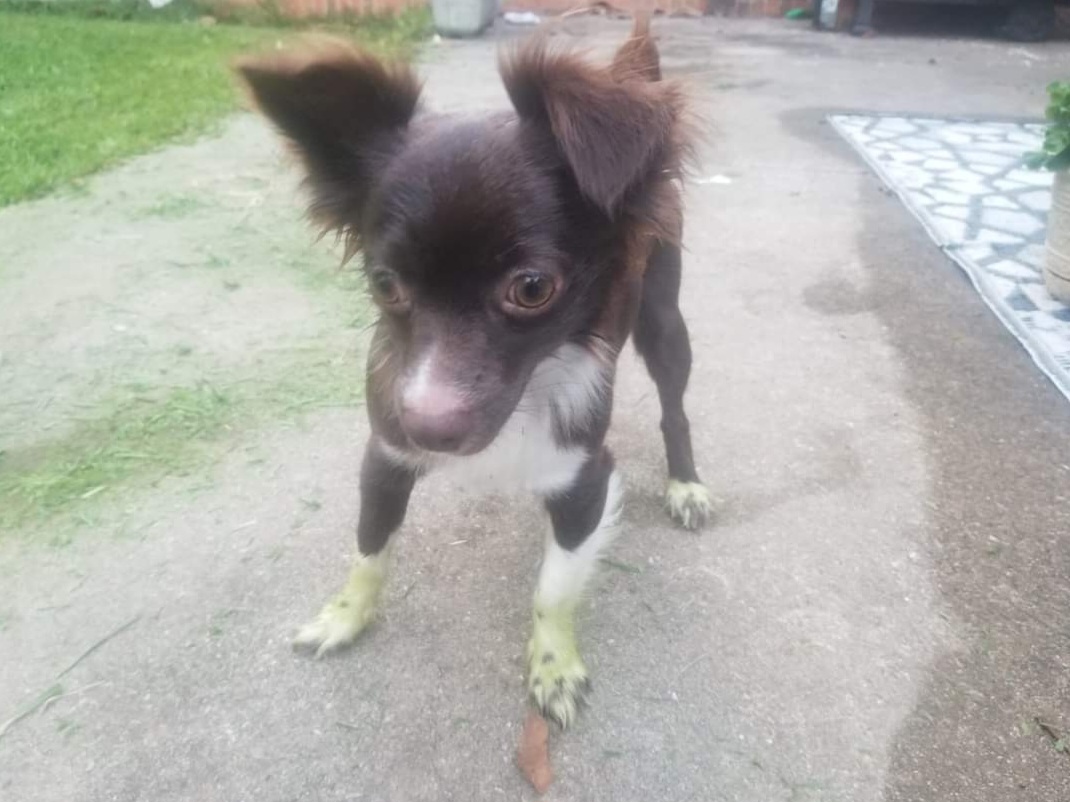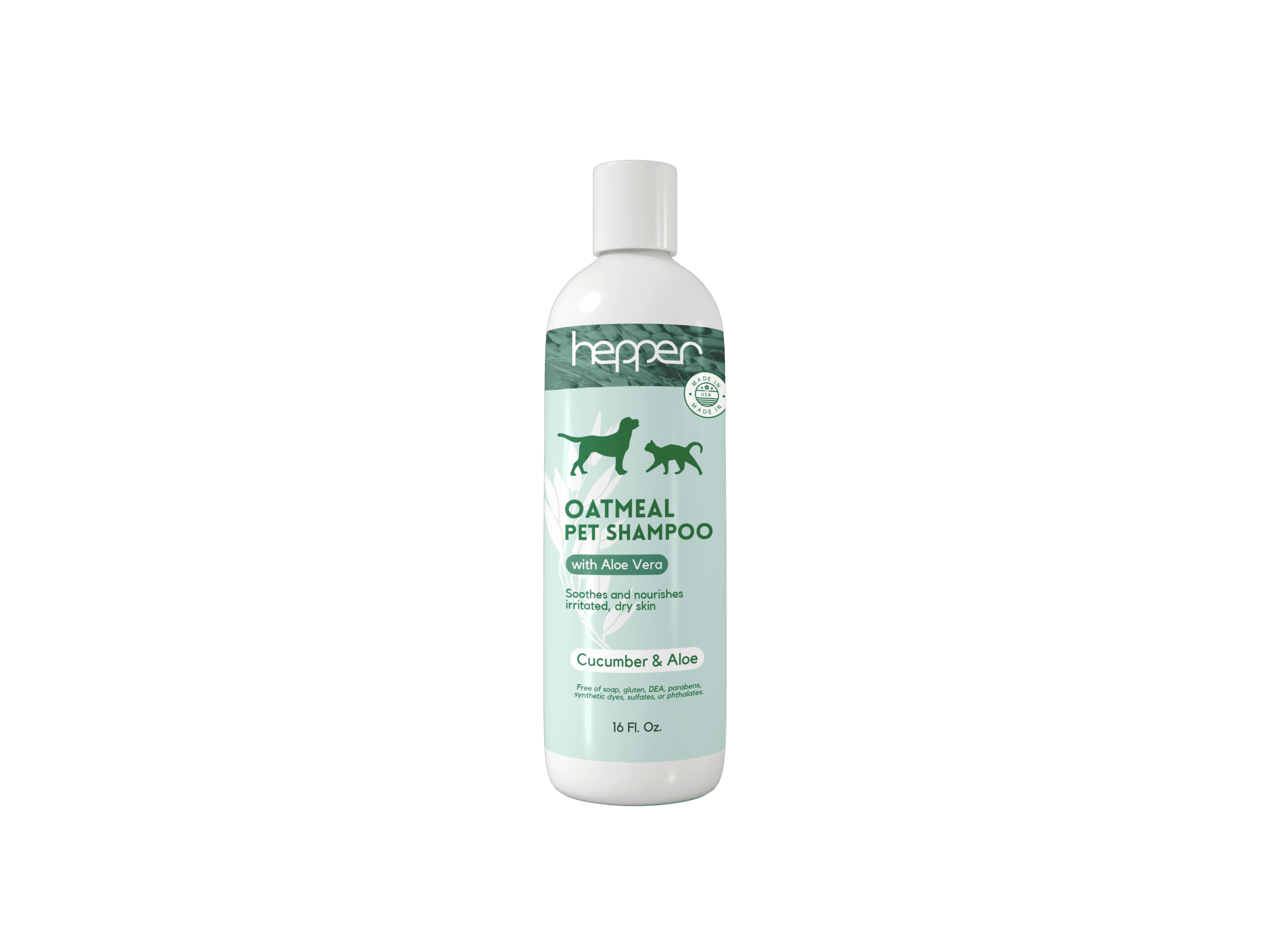Do Dogs Dream? What I Imagine Penny Dreams About
Hi, I’m Savanna! Read my introduction to learn more about me and my spunky Chihuahua mix, Penny. The first time I saw Penny kicking her feet and making bark-like sounds in her sleep, I thought something was really wrong with her. After all, she is my first real experience with owning a dog. As you can imagine, […]













